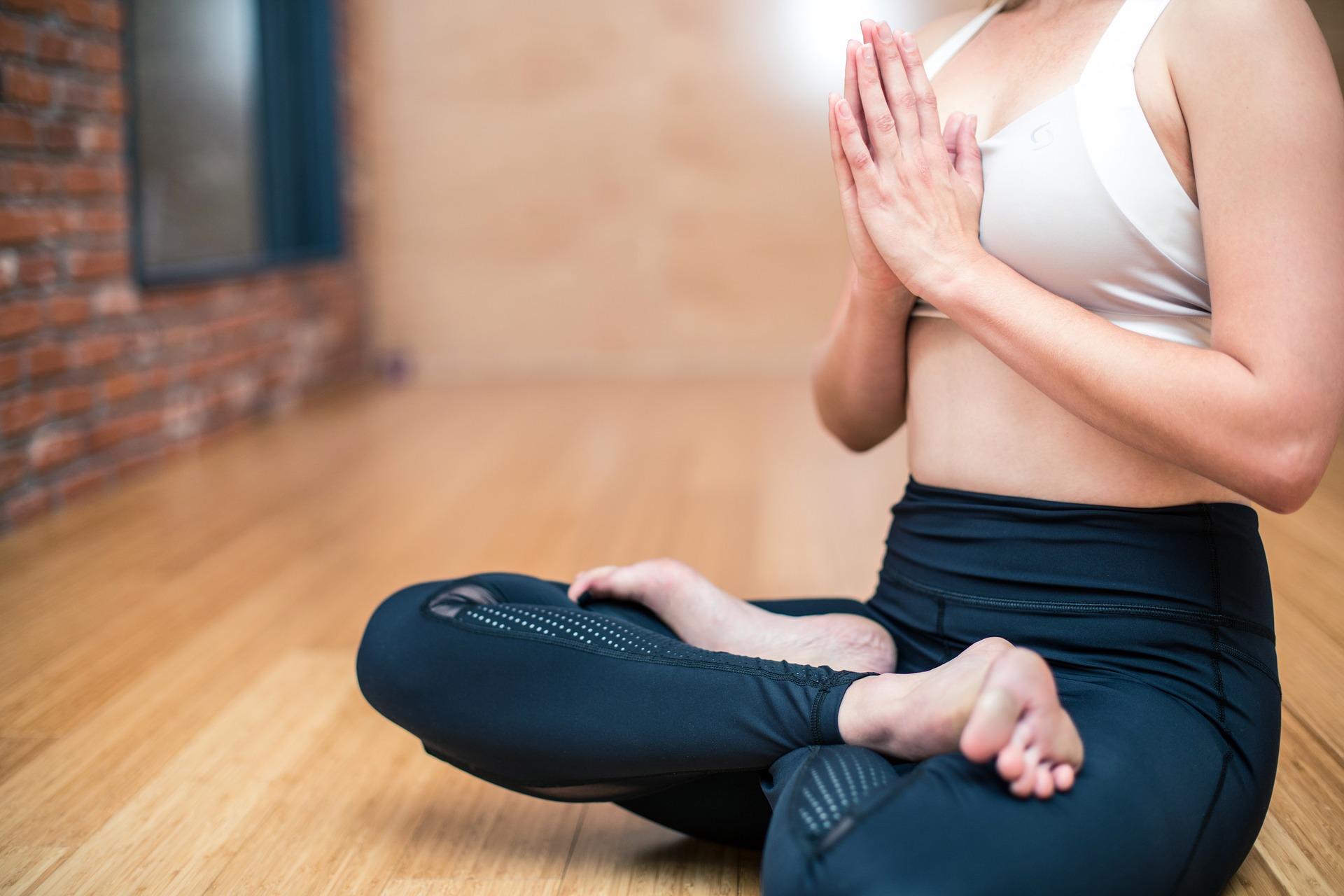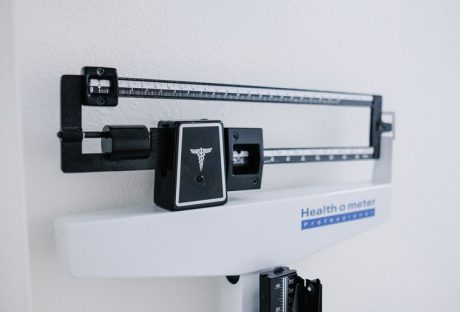One of the most common things we notice with people aside from their smile is their skin. They say that the skin says a lot about a person’s health–and that is true. When our complexion is not clear as we’d like it to be, there may be other underlying problems such as hormonal imbalances, poor hygiene, or lifestyle changes we need to address.
According to dermatologists, the complexion is an important part of not just our physical well-being, but it also gives us a gauge of how we perceive ourselves. Having a clear complexion helps us to:
- Feel confident about ourselves – we don’t have to feel embarrassed about our skin condition. When our skin is clear, we feel more confident about ourselves and are less self-conscious about our appearance.
- Helps us in career and other lifestyle choices – when we make big decisions in life, we want to be as presentable as possible. Having clear skin also helps us to achieve well as we make big choices in our career.
- Gives us an overall sense of well-being – poor skin complexion is a gateway to more infections in the body. Since acne and psoriasis can also be sites of open wounds, it might be an entry point for infection. Having clear skin steers us away from this risk.
As we understand the benefits of having clear skin, this article gives us additional ways to help clear our complexion in simple and effective ways.
How To Safely And Effectively Clear Your Complexion
1. Drink plenty of water :
As with any health problem, drinking enough water can work wonders for your skin. Most of the problems with psoriasis and acne stem from the skin lacking moisture. As a result, it can be more prone to irritation due to dryness. The dryness may create extra sebum, which in turn causes infection in people who are suffering from acne. Additionally, those who suffer from psoriasis may have difficulties curbing the skin problem when they are in dry weather conditions. Drinking 8-10 glasses of water a day can help supplement your skin with moisture that it needs to prevent further flare-ups.
2. Have a good skin regimen :
There are some instances where soap and water on your face and body won’t do the trick. You have to adopt a regimen that works for your skin. The most common step to do this is to identify a gentle wash, a toner, and a moisturizer for your skin. You can also add treatment for blemishes or flare-up spots. To help you decide better, you can ask the help of a dermatologist to give you advice on what products you can include in your regimen. The skin regimen should be consistently followed, or else you’ll run the risk of having further infections.
3. Take skin medications :
Aside from having a usual regimen, your dermatologist may also give your prescriptions for skin medications such as Tazorac. Tazorac is a vitamin A derivative drug which can help cure symptoms of psoriasis and acne. Additionally, you can also find Tazorac price discounts online on websites such as Singletary. You may use the Tazorac price discount voucher at participating drug stores in your area. These medications may be given if you have moderate to severe types of skin conditions. Just like your normal skincare regimen, you need to apply them consistently and as recommended.
4. Eat wholesome foods :
There’s a saying that goes “you are what you eat”, however, the saying “your skin shows what you eat”, is also true as well. Cut out junk food in your diet, as oils and other chemicals found in burgers, fries, pizza, and chips may cause you to break out with more blemishes. Too much milk and sugar can also cause skin problems as well, as they have the tendency to block out skin pores. Eat wholesome foods such as lean fish, green tea, and other healthy types of smoothies instead. These foods have skin-clearing properties that are even used as the main ingredient in some skin products.
Read Also :






















